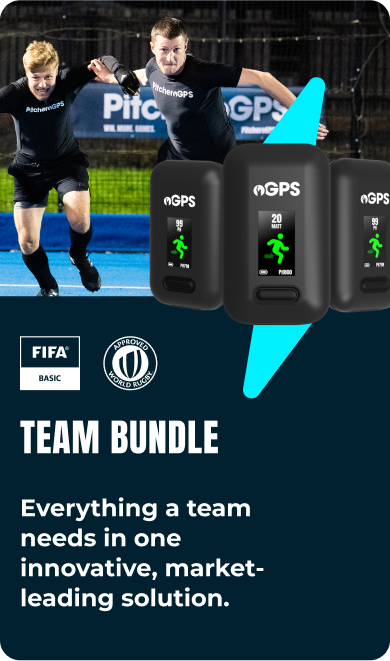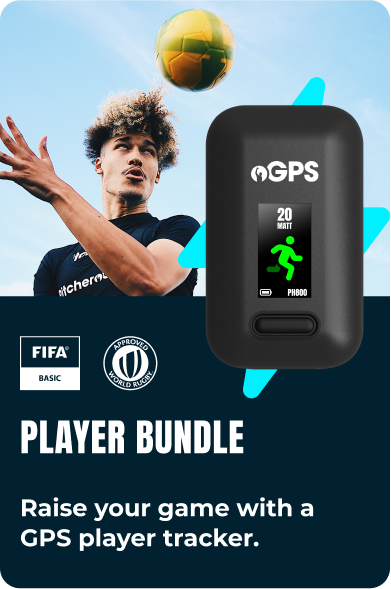Why GPS Trackers are Important For Coaches
GPS For Teams
By using GPS Player Trackers, coaches across all sports at all levels can access a wealth of individual player and team performance data.
This information assists in making informed decisions about strategies, tactics, and substitutions during matches, as well as long-term player development and management, scouting and recruitment.
Here are the top 10 reasons why coaches should use PitcheroGPS Player Trackers.
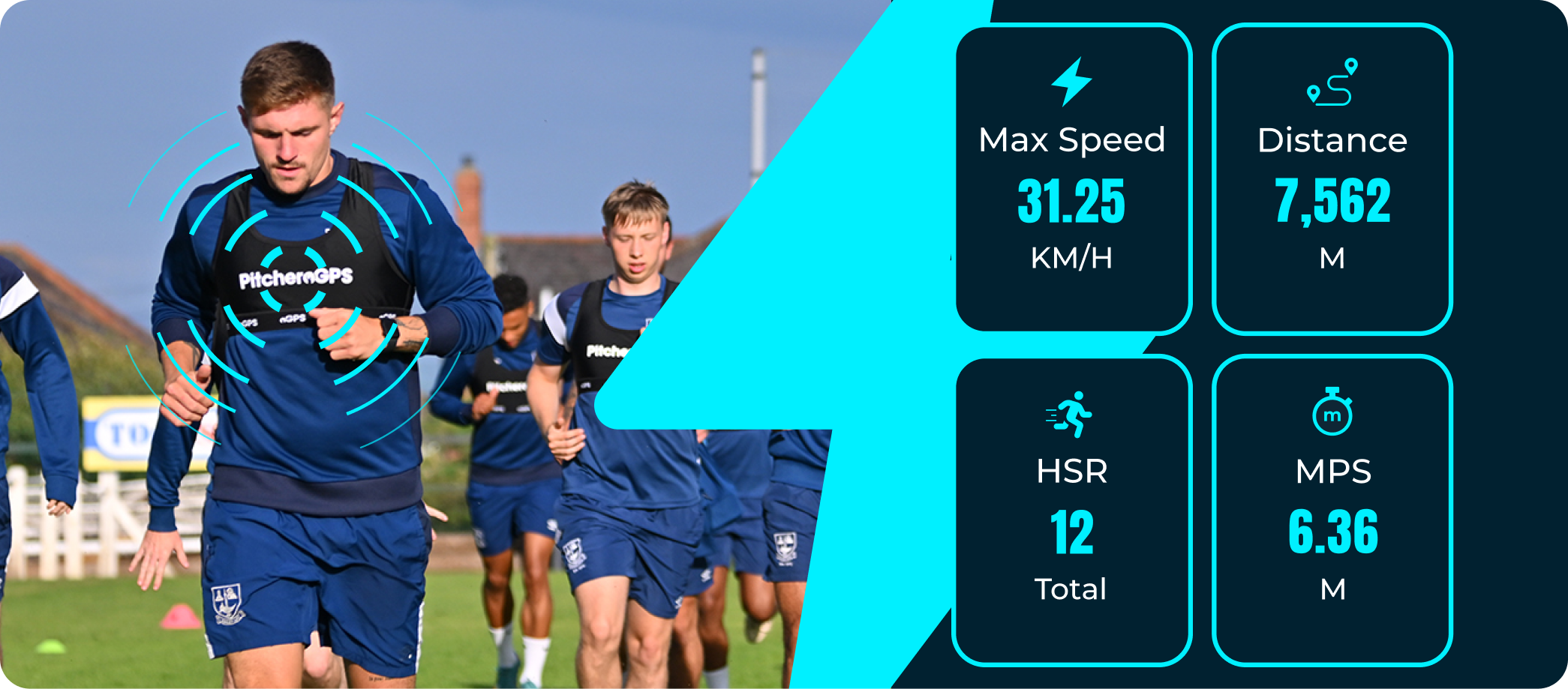
1. Player Analysis
GPS trackers provide an objective and quantifiable assessment of player performance.
Coaches can evaluate each player's contribution, identify areas for improvement, and make data-driven decisions about team selection, lineup changes, and player development plans.
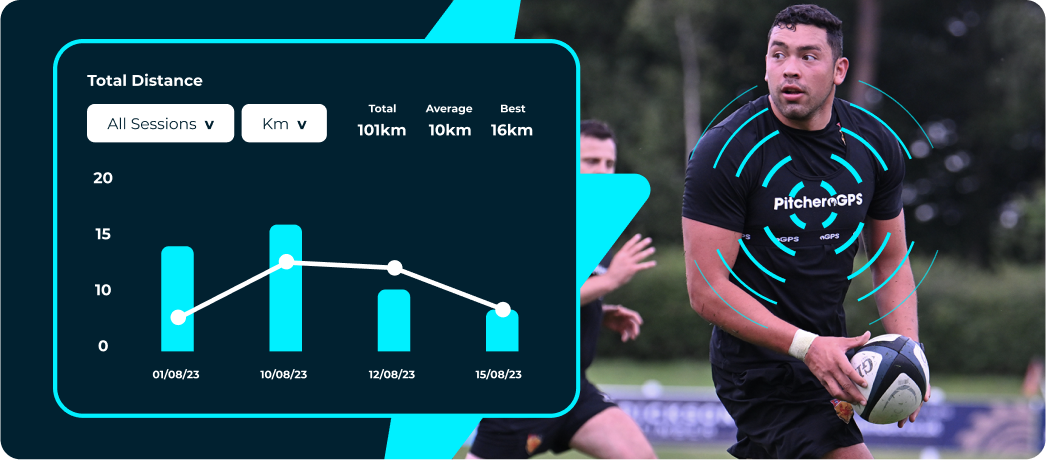
2. Player Development
Use GPS tracking data to create tailored training plans for each player, focusing on their individual strengths and weaknesses.
Coaches can track player progress and provide targeted guidance for skill improvement and overall development.
This approach helps players work on their weaknesses and enhance their strengths.
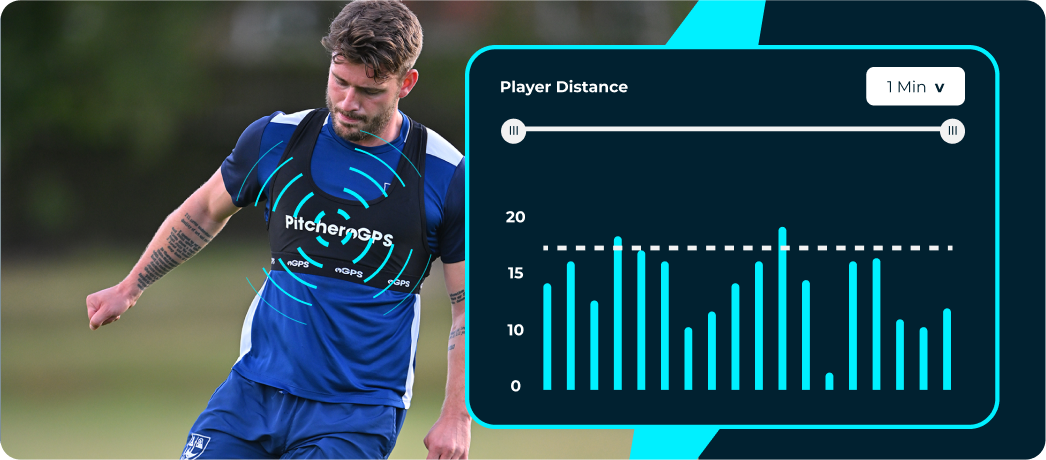
3. Performance Benchmarking
Use GPS trackers to establish benchmarks and performance goals for the team. Coaches can set measurable targets and track progress over time, motivating players and fostering a culture of continuous improvement.
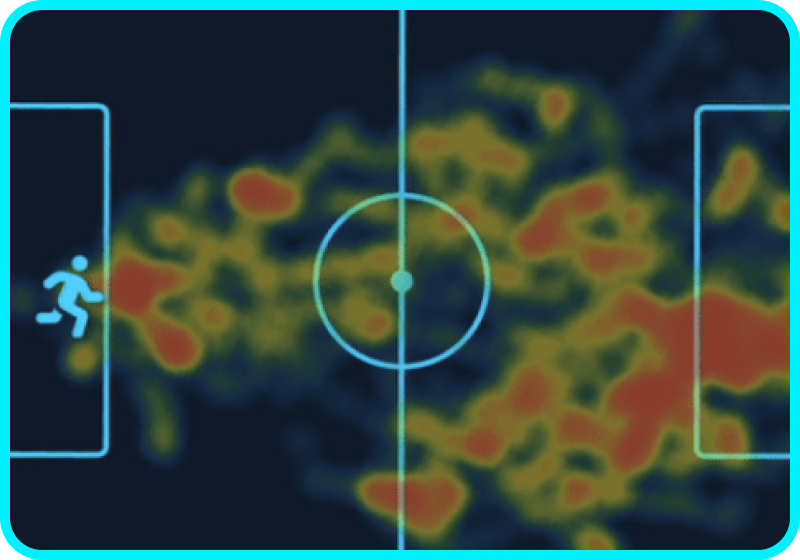
4. Tactical Planning
The detailed positional data collected by GPS Player Trackers is presented as interactive heatmaps. This enables coaches to analyse team formations and movement patterns.
This information aids in developing and fine-tuning game strategies and tactics, ensuring the team is well-prepared for future opponents.
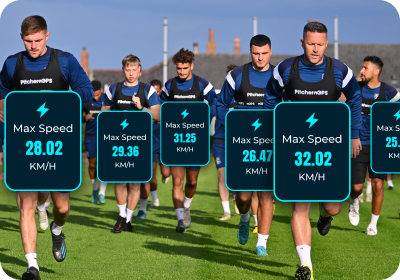
5. Squad Competition
Sharing GPS data with players can create a sense of healthy competition within the team, motivating players to push themselves harder during training and matches. As players collectively work to enhance their skills and physical conditioning, the team becomes stronger and more competitive.
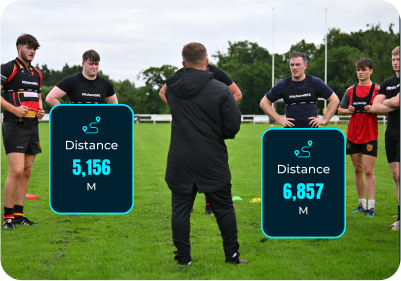
6. Improve Communication
Sharing and discussing performance data can lead to more open and effective communication among players.
Players can exchange insights and ideas on how to work better together on the field, leading to improved teamwork.
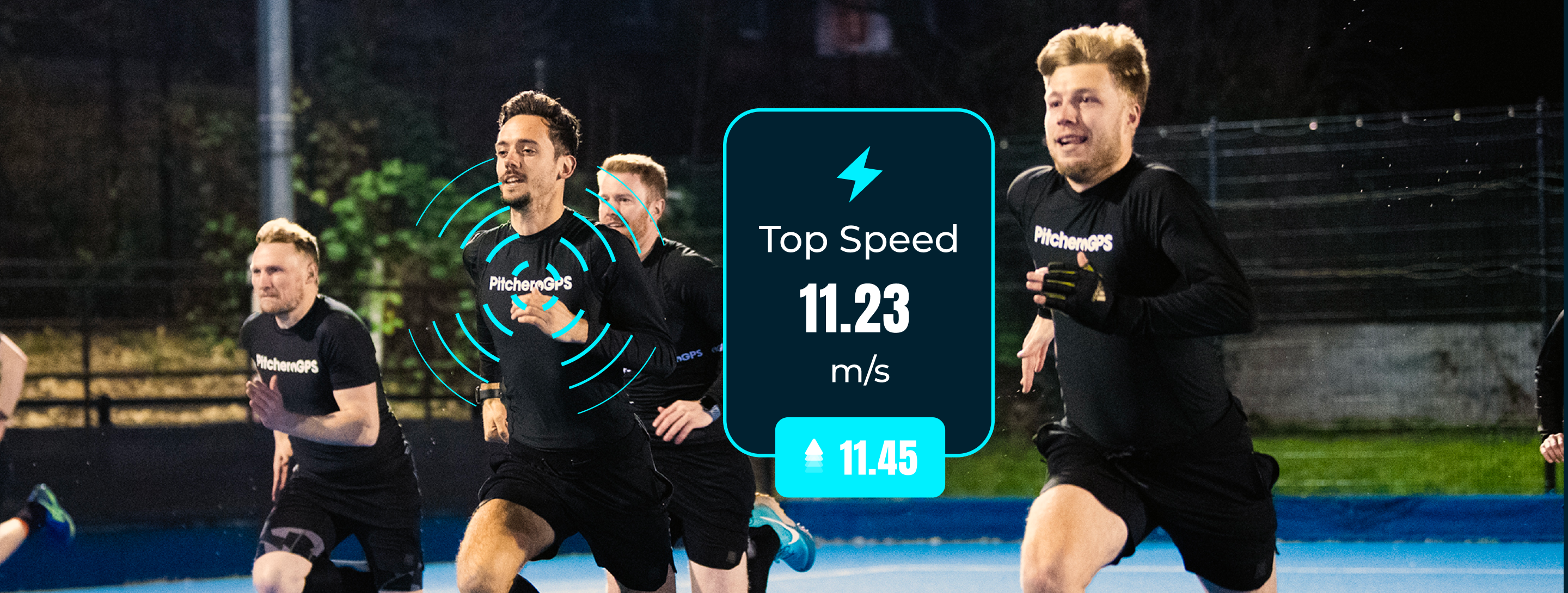
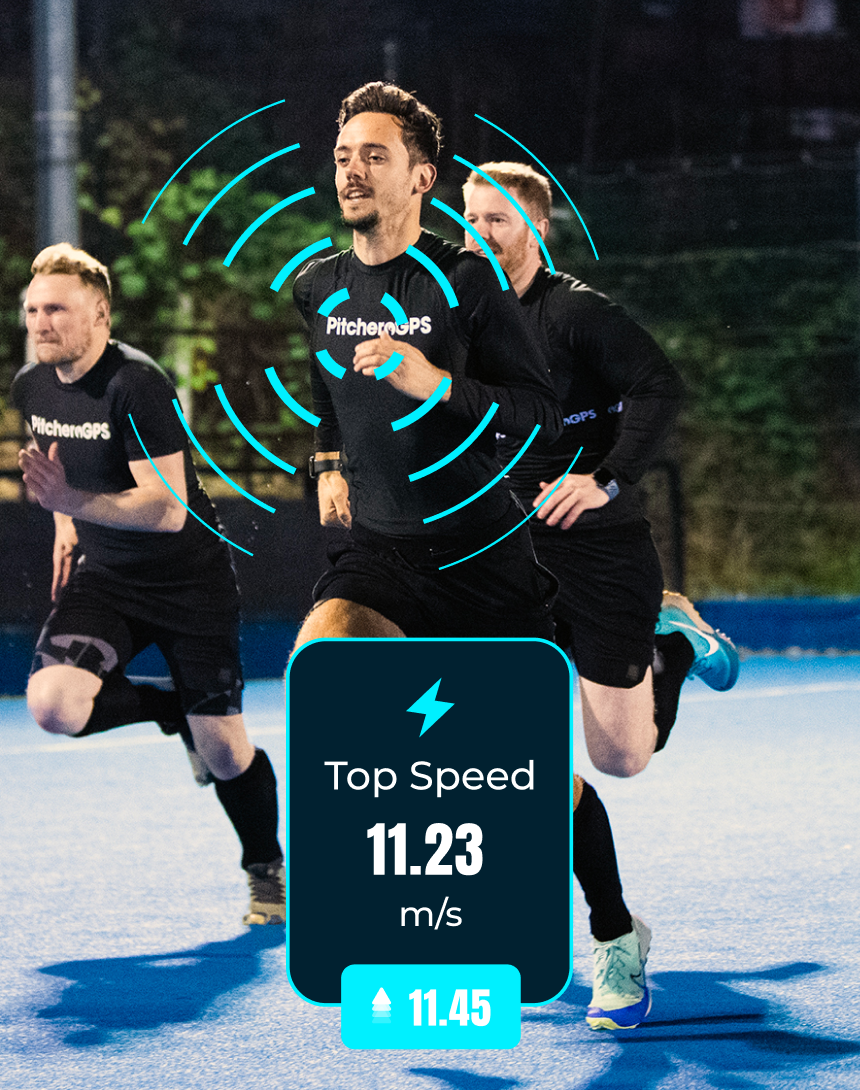
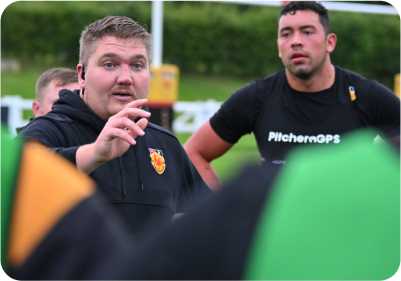
7. Team Bonding
Sharing and discussing GPS data fosters a sense of camaraderie and team bonding. Players can celebrate each other's achievements, increasing motivation and encouraging a positive culture of learning and succeeding within the team.
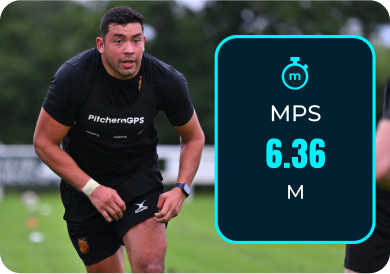
8. Motivation
In many cases, the data collected by GPS trackers motivates players. Performance goals become more tangible when players see their performances and track their progress over time.
Knowing their performance is tracked will ensure players give their best performance - every session, every game.
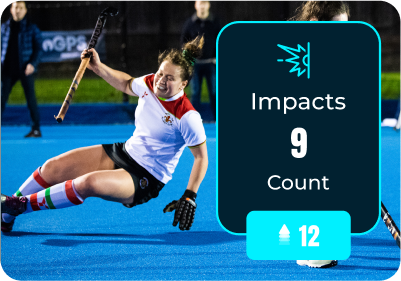
9. Injury Prevention
By tracking players' physical condition and detecting signs of fatigue or potential injuries, coaches can implement preventive measures and manage player recovery more effectively.
Tracking fatigue reduces the likelihood of injuries and ensures injured players receive appropriate care and rehabilitation.
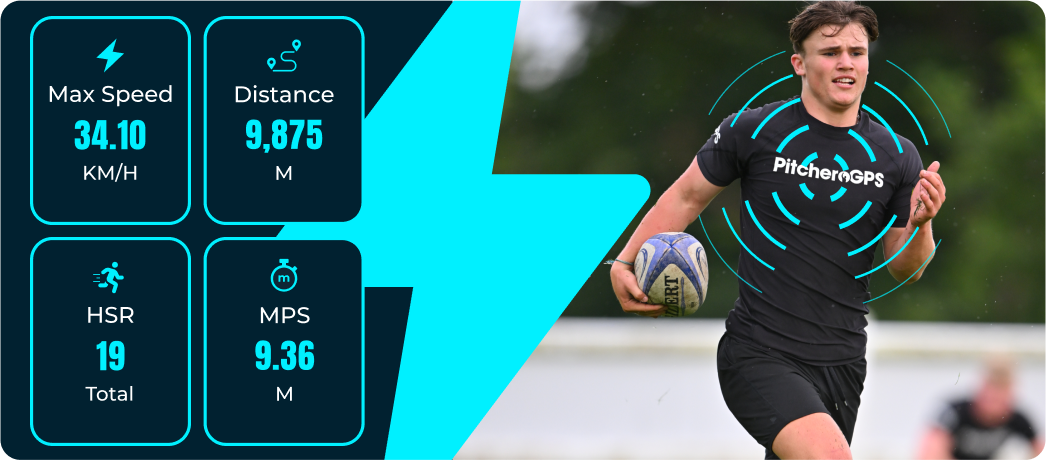
10. Scouting and Recruitment
Coaches can use GPS tracking data to assess a potential recruit during trial games or training sessions when scouting or recruiting new players.
The data collected from the GPS Player Tracker can then be compared to the historical squad data. Will this player increase the team's performance? The GPS data provides coaches with clear, objective insight into all recruits.


